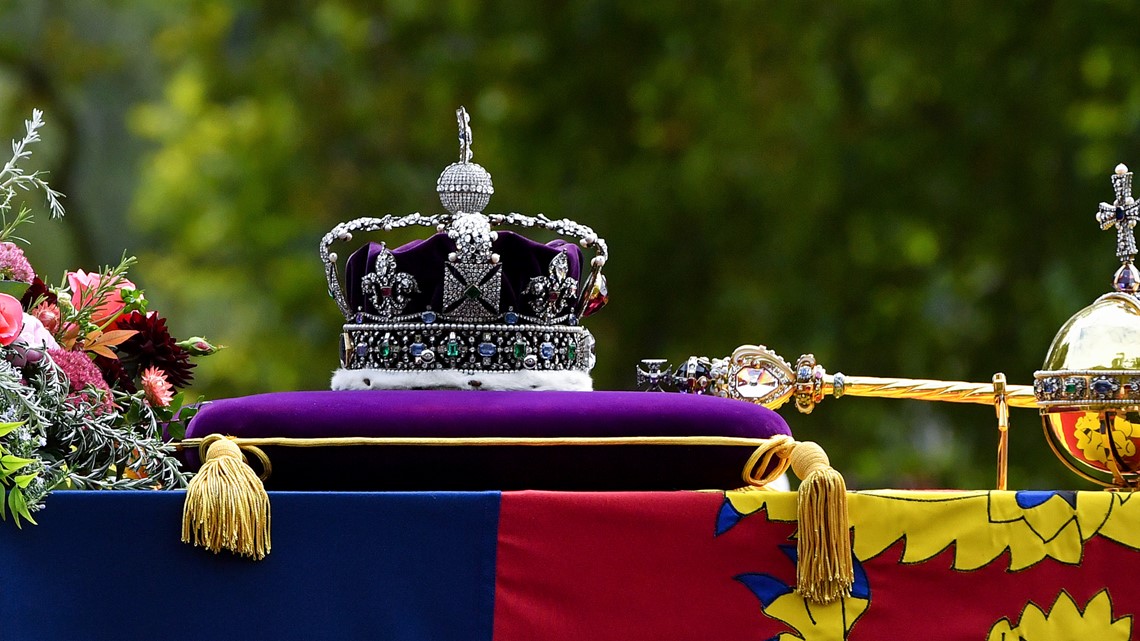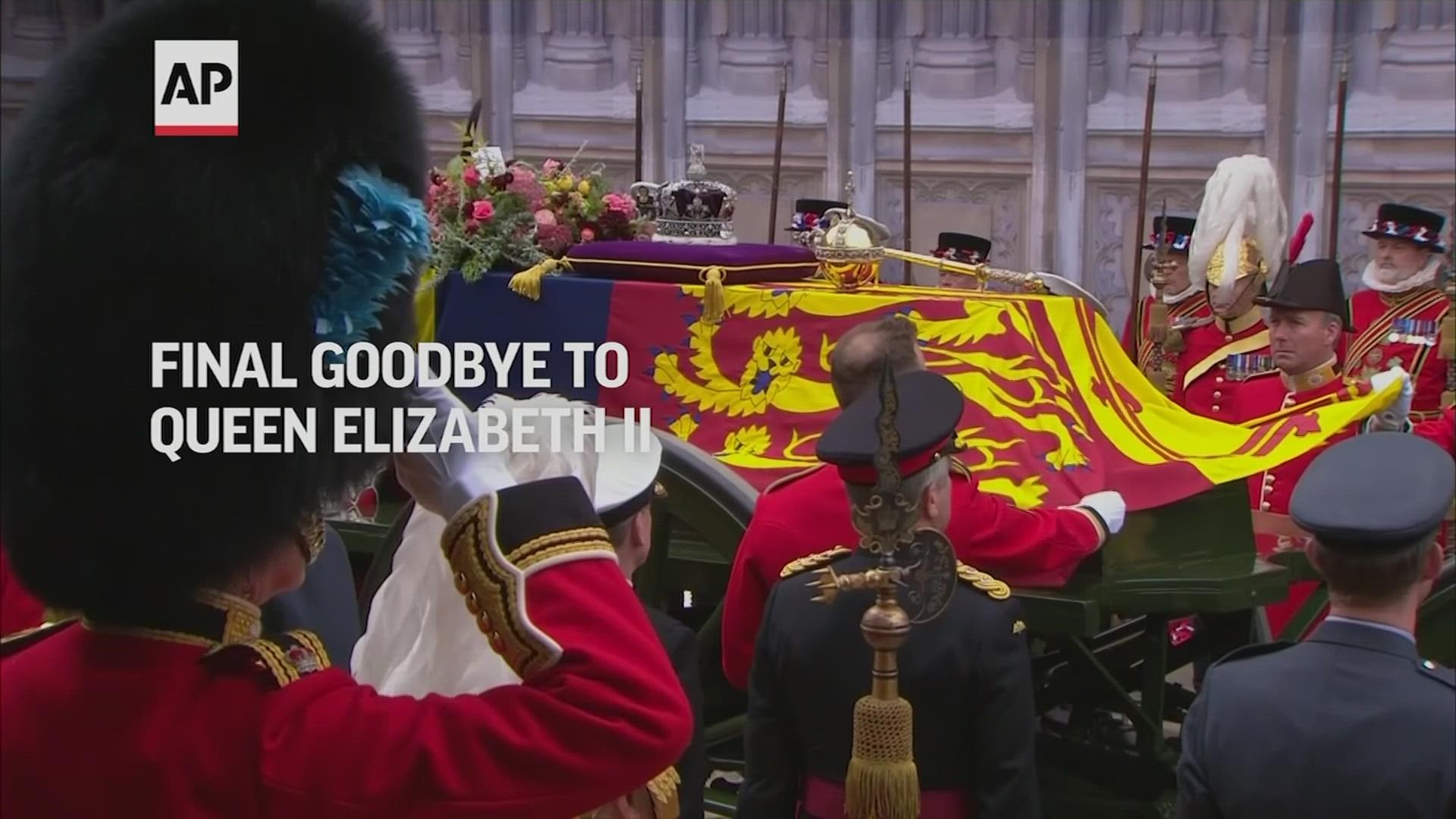WASHINGTON — As Britain and the world says a final farewell to Queen Elizabeth II, there's another major royal event on the horizon.
While Charles officially became king the moment his mother died, and has already been formally proclaimed sovereign of the United Kingdom, he won't be crowned until his coronation.
No date has been set for the coronation of King Charles III and it likely won't take place until months from now, if history is any indication.
Queen Elizabeth II's coronation at Westminster Abbey took place more than a year after the sudden death of her father, George VI.
The 70th anniversary of the late monarch's coronation would be June 2, 2023.
While plans for Charles III's coronation have remained mostly under wraps, it's reportedly codenamed Operation Golden Orb.
The royal family's website explains that the coronation of a new king or queen follows "some months after his or her accession," so that it allows a "period of mourning" and also reflects " the enormous amount of preparation required to organize the ceremony."
Under this timeline, it's expected that Charles III's coronation will take place sometime in 2023. It's during this ceremony that the new monarch takes a coronation oath and is anointed and blessed by the Archbishop of Canterbury.
Camilla would also likely be officially crowned Queen Consort at the same time as the coronation.
What happens to the queen's crown now?
During Queen Elizabeth II's committal service at St. George's Chapel in Windsor Castle, the Imperial State Crown and the sovereign’s orb and scepter were removed from the top of the queen’s coffin and placed on an altar, separating the queen from her crown for the last time.
The crown was created for the Coronation of King George VI in 1937. It's the crown the monarch wears as they leave Westminster Abbey after their coronation and is also used on our State occasions.
It's expected that the crown will now be returned to the Tower of London, where it is kept under armed guard in the Jewel House.


During a 2018 interview with the BBC, the queen described it as "very unwieldy."
She noted that because of the crown's weight, "you can't look down to read the speech, you have to take the speech up, because if you did your neck would break or it'd fall off."
"So there are some disadvantages to crowns, but otherwise they're quite important things," the queen remarked.

